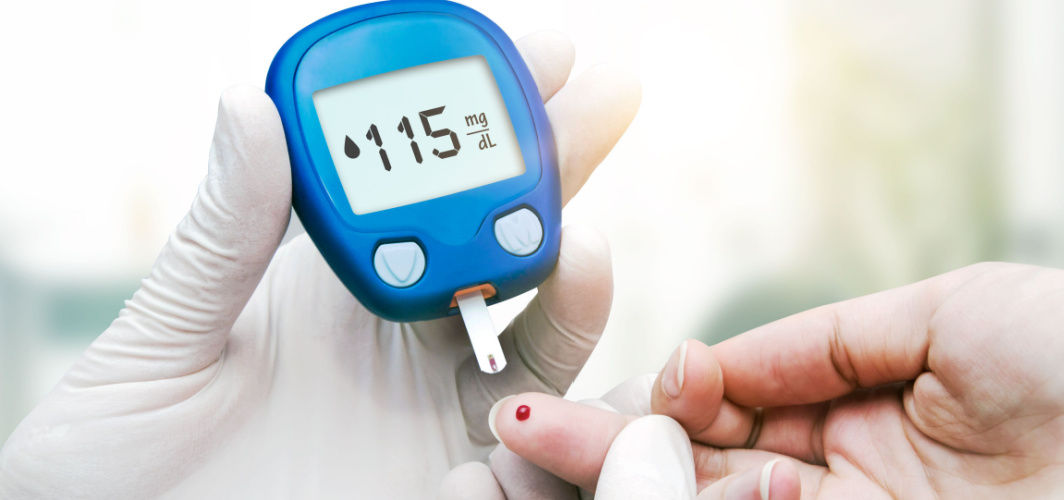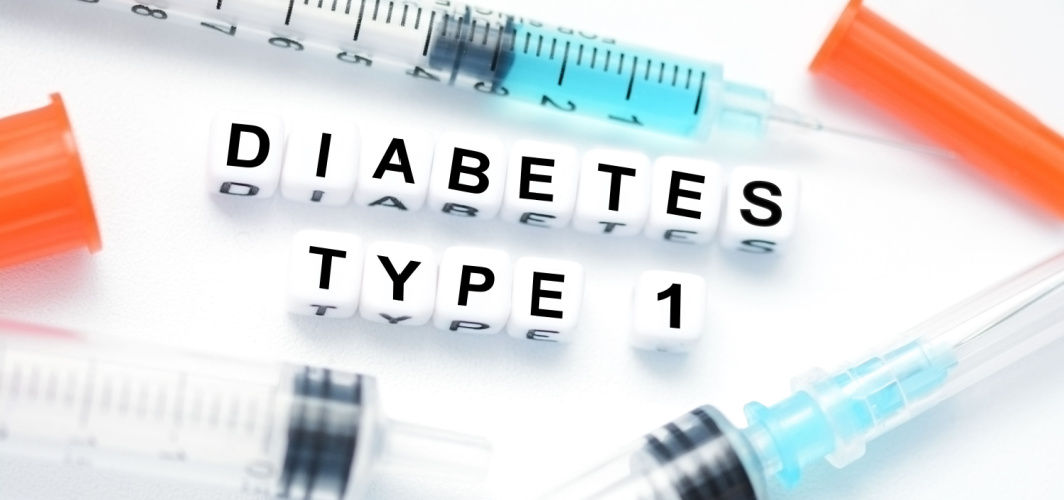Diabetes Management
What is the Difference between Diabetes Insipidus and Diabetes Mellitus?
2 min read
By Apollo 24|7, Published on - 12 September 2023, Updated on - 14 September 2023
Share this article
0
0 like
_0.jpg?tr=q-80)
Unlike popular belief, diabetes insipidus is not just another type of diabetes. Other than having the same first name and some of the common symptoms, diabetes insipidus, and diabetes mellitus are completely different from each other in terms of causes, effects on the body, and treatments.
Diabetes Mellitus
Diabetes mellitus is a chronic disease that affects the body's ability to produce or use insulin. There are several subtypes of diabetes mellitus, with type 1 and type 2 being the most common.
Type 1 Diabetes: It is an autoimmune disease where the immune system mistakenly attacks and destroys insulin-producing beta cells in the pancreas. As a result, people with type 1 diabetes require insulin injections or an insulin pump to regulate their blood sugar levels.
Type 2 Diabetes: This is a metabolic disorder characterized by insulin resistance, where the body's cells don't respond effectively to insulin. It is often associated with lifestyle factors like obesity and physical inactivity, although genetics also play a role. Type 2 diabetes can typically be managed with lifestyle changes, oral medications, and in some cases, insulin.
Diabetes Insipidus
Diabetes insipidus, on the other hand, is a rare condition that has nothing to do with blood sugar levels. It affects the body's ability to regulate water balance, leading to excessive thirst and urination. There are several types of diabetes insipidus, but the most common is called central diabetes insipidus, which is caused by a deficiency of vasopressin, a hormone that helps the kidneys reabsorb water.
Impact, Causes & Treatment
|
Diabetes Mellitus |
Diabetes Insipidus |
|
|
Impact on the body |
Affects blood sugar regulation |
Affects water balance |
|
Cause |
Body’s inability to produce or utilise insulin |
Issue with making or using vasopressin (or antidiuretic hormone) |
|
Treatment |
medication, diet, and lifestyle changes |
Medications that mimic the action of vasopressin |
Conclusion
Understanding these differences is crucial for accurate diagnosis and effective management. If you or someone you know is experiencing symptoms related to diabetes, it's essential to consult a healthcare professional for a proper evaluation and personalized treatment plan.
Diabetes Management
Leave Comment
Recommended for you

Diabetes Management
Type 2 Diabetes: Is It Curable?
Diabetes is a chronic illness in which the body cannot process blood sugar. There are two types of diabetes - type 1 and type 2. Though type 1 diabetes has no cure, you can reverse type 2 with treatment and lifestyle modifications.

Diabetes Management
Type 1 Diabetes: Symptoms, Causes, Diagnosis, and Treatment
Type 1 diabetes is a chronic autoimmune disease affecting insulin production, leading to high blood sugar levels. Early diagnosis and proper management of this condition are vital to prevent life-threatening complications down the road. There are steps you can take to manage type 1 diabetes and prevent its progression. Read on to gain insights into its causes, symptoms, and treatment options.

Diabetes Management
Eating Out in Festivals: Tips for a Healthier Dining Experience
Dining out with diabetes can still be a delightful experience with some careful choices. To enjoy restaurant meals while managing your blood sugar levels, plan ahead by reviewing the menu and choosing dishes wisely, focusing on lean proteins and vegetables. Watch portion sizes and control carbohydrates. Request dressings and sauces on the side and opt for healthier beverage choices. Be mindful of desserts and share them if needed. Communicate your dietary needs with the person who is serving, and try to stick to your regular meal schedule for stable blood sugar levels. Dining out can be a pleasure with these strategies in mind.
Subscribe
Sign up for our free Health Library Daily Newsletter
Get doctor-approved health tips, news, and more.
Visual Stories

8 Fruits That are Incredibly Healthy for Diabetes
Tap to continue exploring
Recommended for you

Diabetes Management
Type 2 Diabetes: Is It Curable?
Diabetes is a chronic illness in which the body cannot process blood sugar. There are two types of diabetes - type 1 and type 2. Though type 1 diabetes has no cure, you can reverse type 2 with treatment and lifestyle modifications.

Diabetes Management
Type 1 Diabetes: Symptoms, Causes, Diagnosis, and Treatment
Type 1 diabetes is a chronic autoimmune disease affecting insulin production, leading to high blood sugar levels. Early diagnosis and proper management of this condition are vital to prevent life-threatening complications down the road. There are steps you can take to manage type 1 diabetes and prevent its progression. Read on to gain insights into its causes, symptoms, and treatment options.

Diabetes Management
Eating Out in Festivals: Tips for a Healthier Dining Experience
Dining out with diabetes can still be a delightful experience with some careful choices. To enjoy restaurant meals while managing your blood sugar levels, plan ahead by reviewing the menu and choosing dishes wisely, focusing on lean proteins and vegetables. Watch portion sizes and control carbohydrates. Request dressings and sauces on the side and opt for healthier beverage choices. Be mindful of desserts and share them if needed. Communicate your dietary needs with the person who is serving, and try to stick to your regular meal schedule for stable blood sugar levels. Dining out can be a pleasure with these strategies in mind.